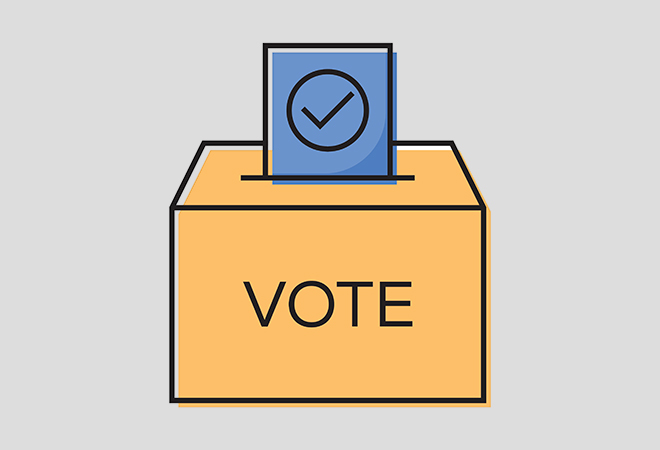More than 118,000 overseas Indians registered to vote in the 2024 Lok Sabha elections, the maximum being from the state of Kerala.
They say distance makes the heart grow fonder. So is it with those Bharatiyas living away from home, pursuing careers and education elsewhere in the world. This is especially so when there is an event back home, and right now our country is in the midst of the biggest festival of democracy.
More than 118,000 overseas Indians registered to vote in the 2024 Lok Sabha elections, the maximum being from the state of Kerala. Over 22,000 NRIs reached Kerala ahead of polling day on 26 April to exercise their franchise. Around 12 chartered flights were booked to fly them in.
To judge the impact of this number on the election results, let’s look at the winning margin in 2019 in Kerala. Only five constituencies in the state had winning margins of less than 50,000 votes in 2019, with two constituencies having less than a 12,000 margin. But in a tightly fought election, as might be the case especially in Kerala, with alliance partners UDF and LDF in a bitter duel with each other, every vote counts.
In other states too, like Gujarat, Telangana, Andhra Pradesh and Karnataka, which have a huge number of NRIs from these states, some seats with a close margin could get impacted by the votes of these NRIs.
This brings us to the question, why are these NRIs coming in such large numbers for these elections? What is their motivation?
Prime Minister Narendra Modi’s target of 400+ seats for the NDA has mobilized its entire cadre, and BJP karyakartas from across the globe have come to India to campaign and support BJP and PM Narendra Modi in particular. Those who could not fly to India have been participating in numerous rallies, marathons, walks in support of PM Modi in various cities of the US, UK, Germany, Philippines, UAE, etc.
While these Lok Sabha elections are being hailed as one “for the progress of Bharat with a vision for 2047” by the BJP, the Opposition has given the call to “save democracy and protect the Constitution”. NRIs from both sides of the divide are hence queuing up to make their contribution towards this grand festival of democracy.
The Indian diaspora is looking keenly at the elections because the foreign policy of the ruling party in India is bound to have a deep impact on Indians across the globe, especially considering the migration policies in their respective countries of residence. The outcome of these elections will determine India’s role in addressing regional and global challenges and the Indian diaspora has recognized this.
PM Modi too has recognized quite early the concerns of the diaspora and his consistent outreach to the Indian diaspora worldwide has been a noteworthy feature of his foreign policy. Addressing tens of thousands of people of Indian origin in Australia, the US, the UAE, Japan and elsewhere, PM Modi has effectively created a novel tool of foreign policy, backed by enthusiastic supporters abroad.
PM Modi has preserved India’s strategic autonomy, strongly steering away from hitherto alliances that bound India or dominated it via sanctions. India has deepened its trade relations with Russia, standing steadily with Russia, while also continuing to improve ties with the US. With high octane, perfectly visible state visits and vital defence agreements, India-US relations today are closer than ever. The Modi government has also further developed its partnerships with France and Japan, especially on infrastructure and defence.
Rahul Gandhi too has been on several visits to universities with much publicized talks, with fewer attendees in comparison, but both major parties have realized that their connect with the NRIs is vital to their support, monetarily and otherwise, and the diaspora too knows that the party in power can deeply impact their status in their countries of residence.
The fact that the number of NRI voters is increasing with every election since 2014—ten-fold
Local Indian voters need to take inspiration from the enthusiasm of NRI voters and realise the impact every single vote has, not just on their own constituency, not just in the country but on the global level, as the government they choose will determine the internal and external policies that will impact them and their future generations for years to come.
Hopefully, by 2047, a century into the Indian Independence, every Indian will go out to cast their vote with great enthusiasm and realize the value and significance of every single vote.
Rajalakshmi Kameshwar Joshi is a political analyst.

